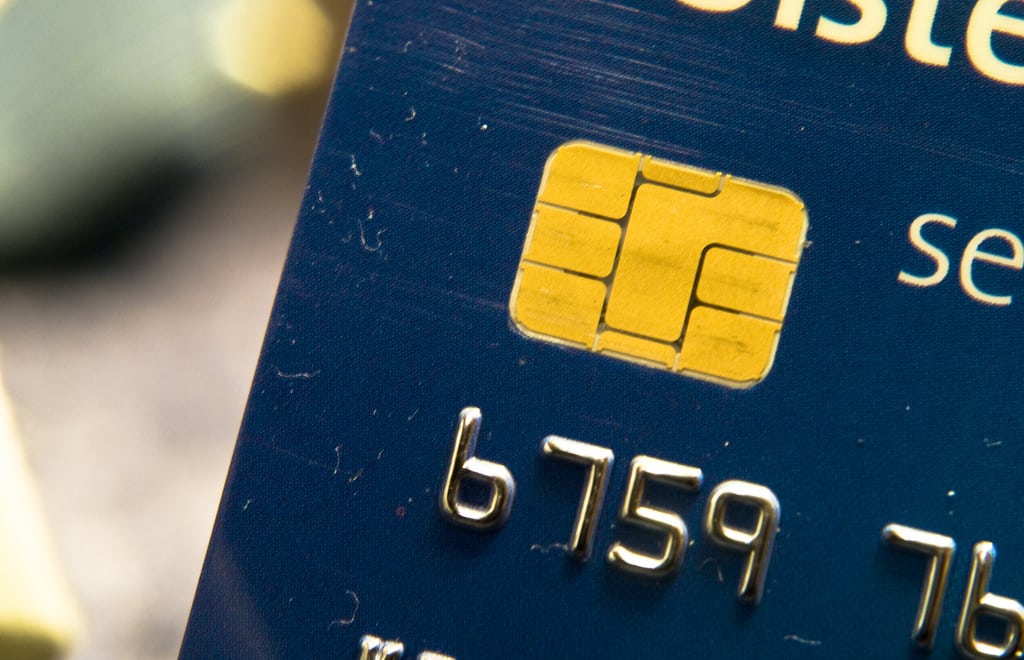Paying for That In-Flight Snack Just Got Even More Complicated

Skift Take
Attendees at the APEX (Airline Passenger Experience) Association TEC conference—an industry group of airlines and suppliers of in-flight services, entertainment and connectivity—expressed dismay over requirements from bank and credit card companies to equip for chip-and-PIN card processing by October 2015.
While this change affects all retailers, those with special equipment installed—like airlines and gas stations—face a complete overhaul of their equipment. Gas stations have already received an extension to change payment terminals on pumps, but airlines must appeal.
For U.S. airlines, equipping for these new payment systems is complicated by the need to meet safety regulations for cabin equipment. In-flight entertainment (IFE) hardware on certain carriers is outfitted with magnetic strip readers, which would no longer comply.
Manufacturers of IFE hardware, including majors Panasonic and Thales, have compliant equipment which process chip-and-PIN transactions and also some which process NFC payments—something U.S. carriers expressed they will need to address next. In-flight retail services providers, like GuestLogix, also offer compliant hand-held payment solutions.
Changing this equipment on aircraft, or adding new equipment to supplement the magnetic strip reader, is complicated by flight safety regulations governing cabin equipment. This makes the October 2015 window too tight for U.S. carriers to meet.
A special APEX working group was formed, with assistance from Airlines for America, to develop a plan of action, identify solutions, and appeal for an interim extension. Speakers advised airlines present that credit card companies can independently decide whether or not to accept the request for extension. As a result, airlines might be able to accept magnetic strip transactions through one credit card company but not another.
After October 2015, retailers presented with a card which fail to process transactions with chip-and-PIN readers may not be covered for fraudulent transactions. This risk also has airlines concerned.
For banks and credit card companies, and for consumers, switching to chip-and-PIN systems makes sense. In Europe, where these systems became standard in 2005, credit card fraud had been reduced 50% by 2011, speakers at TEC indicated. Over the same period, credit card fraud increased by more than 300% in the US.
Many international carriers are already equipped, because of earlier changes to payment processing in their countries of origin. However, U.S. Airlines now hope to get the time they need from banks and credit cards to provide continued in-flight retail services.




